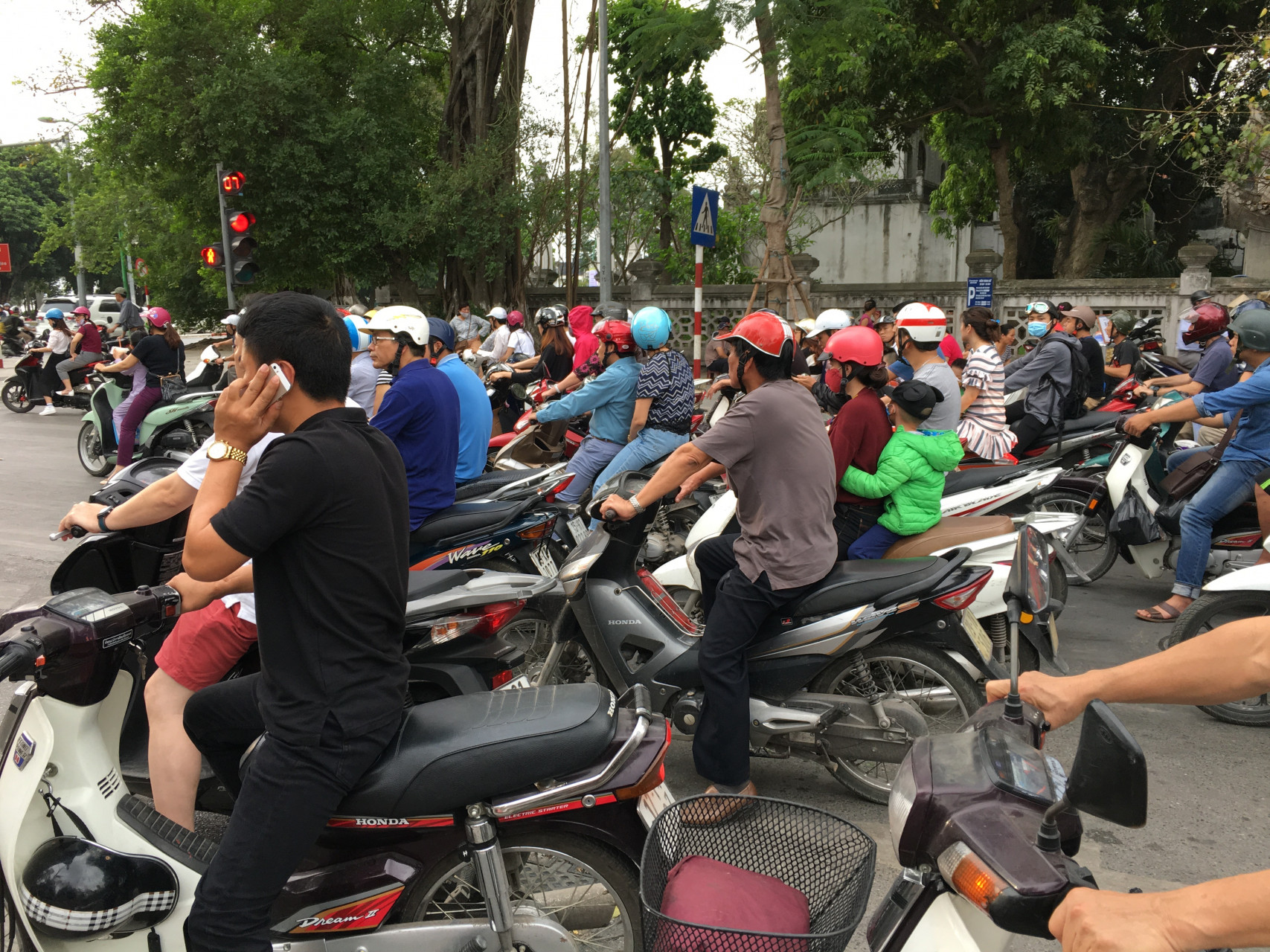One of the interesting trends in Vietnam is the growth of the Chinese gay dating app Blued

This is the final post of “Now in Vietnam“, where TechNode visits Vietnam’s leading companies, to explore the next startup ecosystem to emerge among Southeast Asian countries. Vietnam GDP growth could surpass China by 2020 according to Turicum Investment Management.
For startups thinking of expanding to Southeast Asia, Vietnam, a young market with a growing middle class can serve as a test bed and then a gateway to expand to the bigger markets.
According to AmCham Vietnam, middle and affluent class in Vietnam will double in size between 2014 and 2020, from 12 million to 33 million. The cost of living is a lot cheaper in Vietnam, including its labor, living and marketing cost for startups, as its Big Mac index updated on January 2017 shows that Big Mac in Vietnam costs just US$2.66, compared to US$5.06 in the U.S., and US$2.83 in China.
Chinese companies’ rush into Vietnam market
Leveraging its low-cost labor and proximity to China, many Chinese companies have expanded into Vietnam starting in the early 2000s. Chinese companies of varying sizes and sectors, such as courier company SF Express, home appliance company Midea, and gay social network app Blued, have launched in Vietnam. Chinese tech giant Tencent invested in Vietnam-based VNG, famous for its and messaging app Zalo while Alibaba invested US$ billion in Singapore-based Lazada to expand into the SE Asia market including Vietnam.
Tencent’s WeChat used to have one million user base in Vietnam by the early of 2013, but they were kicked out of Vietnam later that year, along with other chat apps like Viber, Line, Whatsapp, KakaoTalk because of the Vietnamese government’s chat apps ban in August 2013.
Chinese companies are commonly located in Ho Chi Minh city, the biggest city in Vietnam as well as its commercial and cultural hub. Hanoi, the capital of Vietnam on the other hand, is where anti-China protest have been held, leading Chinese companies to move down to the southern city of Ho Chi Minh.
Also Read: Silicon Valley reacts to firing of FBI Director James Comey, in tweets
Among these companies, the ones who seems to be localizing fastest is Midea. Midea was an early player expanding to Vietnam building its production base in 2007 and was awarded “Best of Vietnam 2015″ as one of the top ten brands to manufacture in Vietnam.
SF Express expanded to Vietnam in 2013 with its express delivery service but said “the Vietnam branch is newly established” in an email, and refused to comment on its status of expansion in Vietnam.
Gay app takes off in Vietnam
According to Lonely Planet, Vietnam is a rather hassle-free place for gay, lesbian and trans travelers.
While Vietnam’s communist government permitted same-sex marriage in 2015, discrimination still remains, however, and couples flock to online websites to avoid eyeballs around them. Gay social network app Blued expanded to Vietnam in May 2016 and shared some of their user statistics with TechNode.
“The total number of users is close to 700,000, close to 2 million daily messages are sent through Blued group, and close to 1,000 chat groups are highly active on our app. The most concentrated age group is from 18 to 25-year-old users, and are mainly based in Ho Chi Minh City, Hanoi City and Nha Trang and other big cities,” Jason Li, overseas marketing manager at Blued told TechNode.
Also Read: This wooden drone can be attached to multiple units to form a giant mothership
Blued has two full-time and one part-time Vietnamese employee in Ho Chi Minh city, and one Vietnamese employee at its Beijing HQ.
—
The article Now In Vietnam: The next step for Chinese companiesfirst appeared in Technode.
Copyright: toa55 / 123RF Stock Photo
The post Now In Vietnam: The next step for Chinese companies appeared first on e27.
